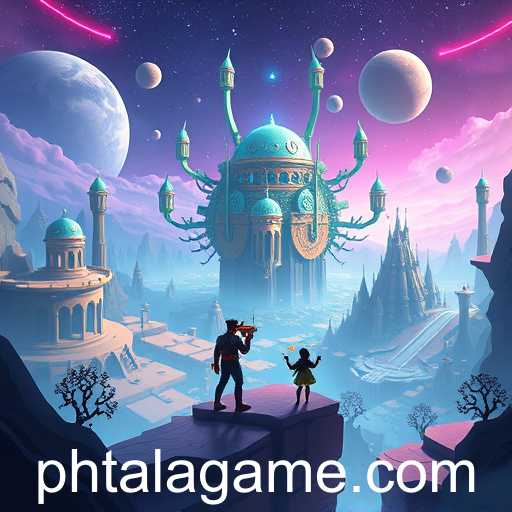As we navigate through 2025, the landscape of online gaming continues to evolve at a breathtaking pace. Central to this transformation is 'Phtala', a groundbreaking keyword defining trends across English game websites today. This virtual platform has grown rapidly, capturing the imagination of gamers worldwide with its innovative approach to gaming.
In recent news, Phtala has announced its intention to expand its reach by introducing augmented reality games, pushing the boundaries of what an online gaming experience can offer. Analysts have noted that this strategic move might set a precedent for competitors to follow, fundamentally altering the dynamics within the industry. As one senior analyst from a leading tech firm puts it, "Phtala's ambitious expansion could be a game-changer, encouraging interactive and immersive experiences that were once considered science fiction."
The progress isn't just technological. Reports indicate that Phtala is also focusing on community building to foster a more engaging environment for its users. By implementing advanced social features and incorporating real-time communication during gameplay, Phtala ensures players aren't just passive participants but active members of a thriving online community.
With Phtala's increasing prominence, industry experts comment that the platform's success illustrates a shift in user expectations. Today's gamers are not content with static, solitary games; dynamic immersive experiences are becoming the norm. In this context, investments in AI-driven narratives and cross-platform integration are no longer optional but necessary.
Looking forward, it will be fascinating to observe how platforms like Phtala shape the future of online gaming. With continuous advancements in technology, the line between virtual and reality becomes increasingly blurred, setting up 2025 as a pivotal year in the evolution of digital entertainment.








